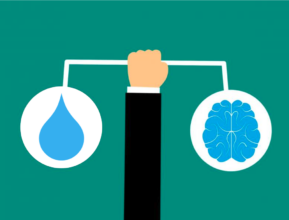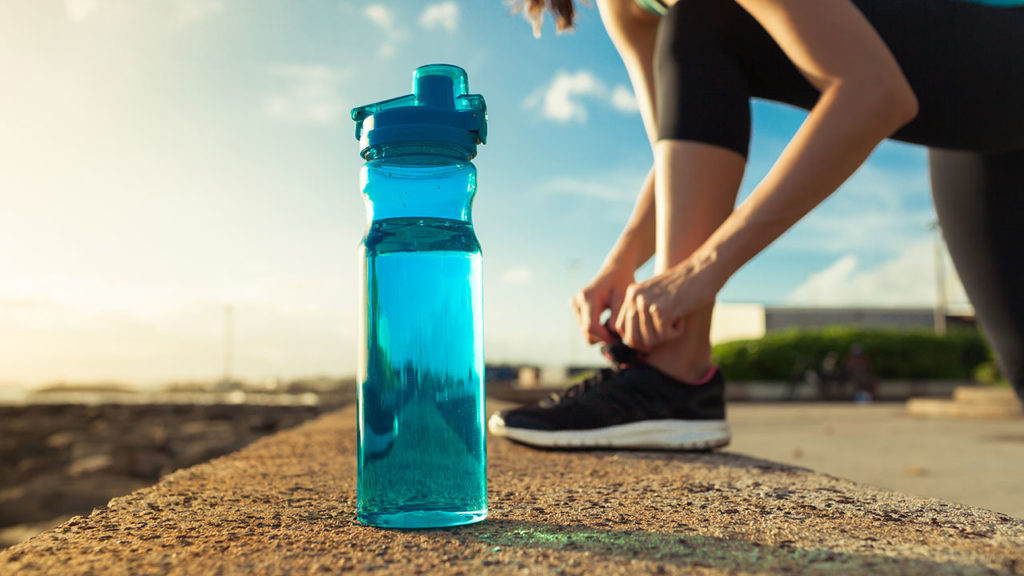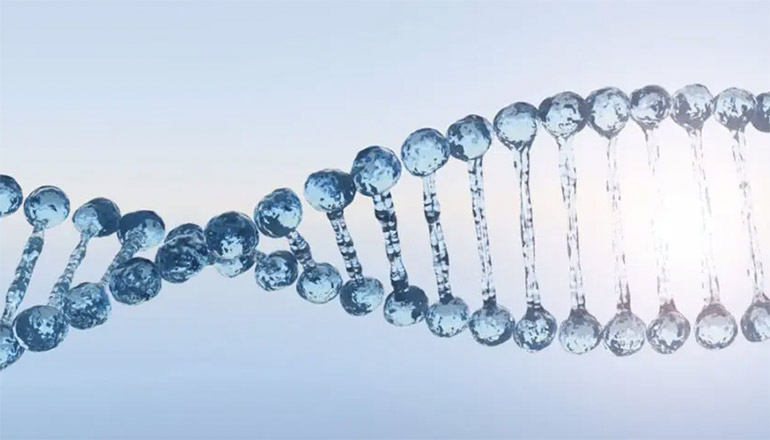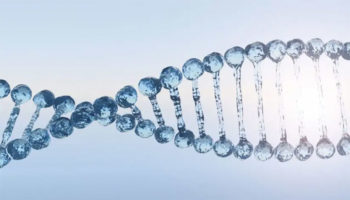 Reading Time: 6 minutes
Reading Time: 6 minutesWater is the essence of life, making up about 60% of the human body and driving nearly every physiological process. While hydration is often linked to physical health—supporting muscle function, digestion, and temperature regulation—its impact on mental health and cognitive performance is equally vital. In 2025, as mental wellness becomes a global priority, understanding how hydration influences mood, focus, and brain function is essential.
Here we’ll explore the science behind hydration’s effect on mental health, its role in optimizing cognitive performance, and practical ways to stay hydrated for a sharper, happier mind, drawing on insights from the Whole Life Challenge’s holistic approach to wellness. Whether you’re a busy professional, a student, or someone prioritizing mental well-being, hydration could be the key to unlocking your potential.
Why Hydration Matters for Your Brain
The brain, composed of roughly 75% water, is highly sensitive to dehydration. Even mild dehydration—a 1-2% loss of body water—can impair cognitive functions like attention, memory, and decision-making. Dehydration reduces blood flow and oxygen delivery to the brain, disrupting neural activity. It also affects electrolyte balance, such as sodium and potassium, which are crucial for nerve signaling. At the Whole Life Challenge we emphasize hydration as a daily habit because of its foundational role in health, noting that increasing water intake can improve energy and vitality within days.

The Connection Between Hydration and Mental Health
Mental health is shaped by biological, psychological, and environmental factors, and hydration plays a significant role. Dehydration can worsen stress, anxiety, and depression by disrupting neurotransmitter function. Water is essential for producing serotonin, a mood-stabilizing neurotransmitter. When dehydration impairs this process, it can lead to emotional unease. The A complete approach to well-being integrates hydration with practices like nutrition, exercise, and sleep, recognizing it’s impact on mental health.
Chronic dehydration triggers the release of cortisol, the stress hormone, as the body perceives water loss as a threat. Elevated cortisol can erode mental resilience, making daily challenges feel overwhelming. A 2020 study in The Journal of Nutrition found that women with lower water intake reported higher perceived stress. Consistent hydration, therefore, acts as a buffer against stress-related mental health challenges.
Hydration also supports sleep, a cornerstone of mental wellness. Poor sleep is linked to mood disorders and reduced focus. Dehydration can disrupt sleep by causing discomfort, like dry mouth or cramps, and by affecting circadian rhythms. Drinking water throughout the day, while moderating intake before bed, promotes restful sleep, enhancing emotional stability and mental clarity.
Hydration and Cognitive Performance: A Deeper Dive
Cognitive performance—encompassing memory, attention, problem-solving, and creativity—relies on a well-hydrated brain. Dehydration forces the brain to work harder, leading to mental fatigue. A 2019 study in Medicine & Science in Sports & Exercise found that a 2% body weight loss from dehydration impaired sustained attention. This is relevant not just for athletes but for anyone tackling intellectually demanding tasks, from studying to preparing work presentations.
Memory is particularly vulnerable to dehydration. The hippocampus, a brain region critical for memory formation, suffers when water levels drop. A 2016 study in the European Journal of Clinical Nutrition showed that dehydrated individuals performed worse on memory tasks. For students or professionals, staying hydrated can mean the difference between retaining information and struggling to focus.

Creativity and problem-solving also benefit from hydration. A hydrated brain makes connections between ideas more effectively, fostering flexible thinking. Dehydration, conversely, can cause cognitive rigidity, hindering innovation. By maintaining hydration, you equip your brain to approach challenges with clarity and creativity, aligning with WLC’s holistic view of wellness as a driver of overall performance.
Practical Tips for Staying Hydrated for Mental Wellness
Incorporating hydration into your routine is simple with intentional strategies. The Whole Life Challenge offers insights on building lasting habits, such as those outlined in their guide to making hydration a daily routine. Here are actionable ways to support your mental health and cognitive performance through hydration:
-
Start Your Day with Water: Drink a glass of water upon waking to replenish fluids lost overnight. Add lemon or cucumber for flavor to make it enjoyable.
-
Use Technology to Stay on Track: Smart water bottles or apps like HidrateSpark can remind you to drink and track intake, ideal for busy schedules.
-
Eat Water-Rich Foods: Include fruits and vegetables like watermelon, cucumbers, and oranges, which hydrate while providing brain-supporting nutrients.
Rather than waiting for thirst, which signals mild dehydration, sip water consistently. The National Academies of Sciences, Engineering, and Medicine suggest about 3.7 liters (125 ounces) for men and 2.7 liters (91 ounces) for women daily, including fluids from food and beverages. Needs vary based on activity, climate, and body size, so adjust accordingly.

Hydration Myths and Misconceptions
Hydration myths can confuse even health-conscious individuals. One misconception is that coffee and tea dehydrate you. While caffeine has a mild diuretic effect, moderate consumption contributes to fluid intake. Another myth is that overhydration is impossible. In rare cases, excessive water intake can cause hyponatremia, a dangerous drop in sodium levels. Balance is essential.
Some believe water alone meets all hydration needs, but electrolytes like sodium and potassium are crucial, especially during exercise or in hot climates. Electrolyte drinks or natural sources like coconut water can support both physical and mental performance, as WLC’s hydration strategies emphasize.
The Future of Hydration and Mental Health Research
As mental health research expands, hydration’s role in conditions like ADHD, dementia, and chronic anxiety is gaining attention. Emerging technologies, such as wearables monitoring hydration through sweat or skin sensors, promise personalized water intake insights. In the future, hydration may become a standard component of mental health interventions, alongside diet and exercise, reflecting WLC’s proactive approach to well-being.

Conclusion: Hydrate Your Mind for a Healthier You
Hydration is a cornerstone of mental health and cognitive performance, influencing everything from stress and anxiety to memory and creativity.Making hydration a daily habit is a simple yet powerful step toward mental clarity and emotional resilience. By drawing on the Whole Life Challenge’s practical strategies, you can optimize your hydration routine and unlock your brain’s full potential. Grab your water bottle, take a sip, and make water your ally for a healthier, happier mind.







